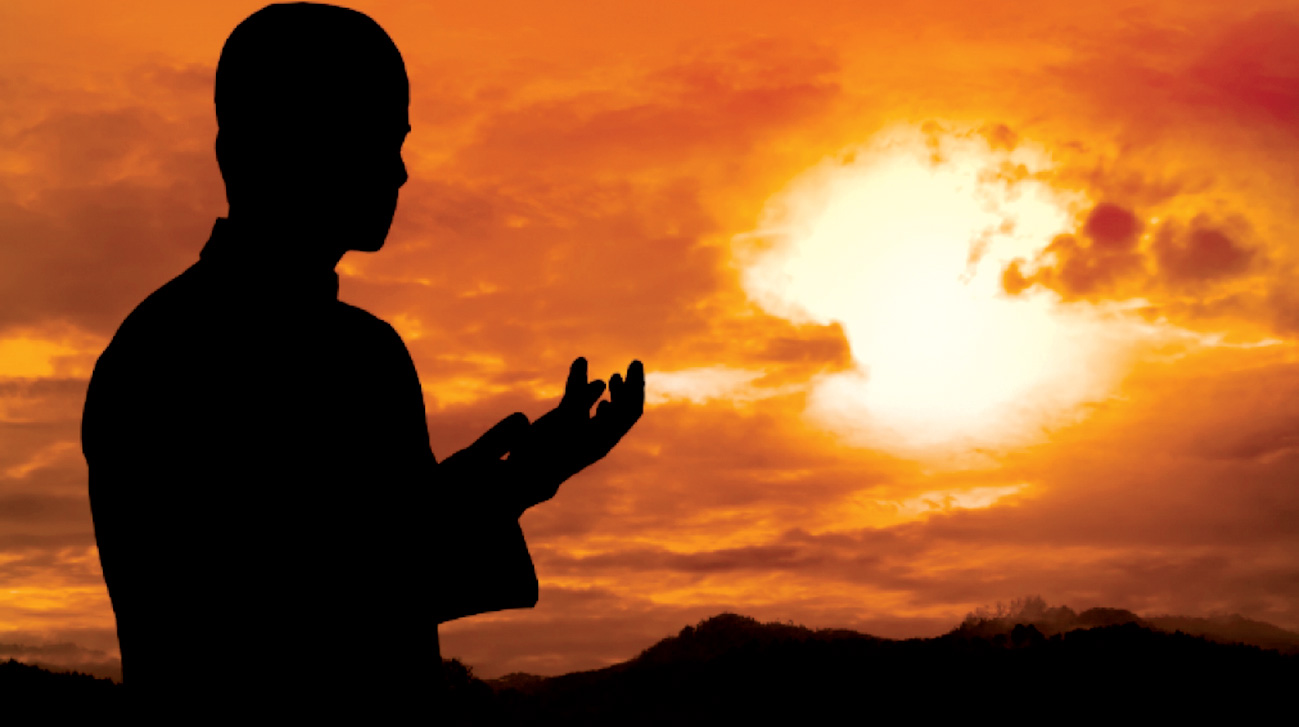

Contrary to what many have concluded so far, the special night prayers during Ramadhan, Taraweeh can be prayed at home with or without the family members, according to the Ministry of Awqaf and Religious Affairs.
The Supreme Committee tasked with tackling developments resulting from Covid-19 has banned the night prayers from being held at mosques. Accordingly, no Taraweeh prayers or any other prayer or gathering is allowed in any mosques in the country.
The decision to stop Taraweeh prayers at mosques by Supreme Committee comes in the wake of the widespread prevalence of the pandemic in different governorates of the Sultanate.
It has strongly advocated decision to prohibit the performance of Taraweeh congregational prayers in mosques.
“It is perfectly appropriate for anyone to offer Taraweeh prayer, the night worship during the holy month from the eve of Ramadhan moon-sighting till next moon sighting at home. It can be done individually or in a group. In fact, it is better to offer voluntary prayers at home, thus leaving the mosque for obligatory prayers,” a senior official from the ministry has told the Observer.
He said that it is possible to pray in congregation at home with the family and offering this optional prayers during Ramadhan inside the mosque is not necessary. It has nothing to do with the validity of the fast.
“Missing Taraweeh does not make your fasting invalid, and attending Taraweeh does not rescue an improper or invalid fast hence both have no connection in terms of validity. One is a compulsory obligation while the other is an optional prayers.”
During the time of the Prophet Muhammed (peace be upon him), the Taraweeh prayers were prayed in congregation for a short period of time, after which the Prophet changed this practice and performed the prayer at home. This was done out of fear that people would start to consider it to be compulsory.
During the time of Umar ibn al Khattab, the second caliph, twenty rak’at of Taraweeh prayer were led in congregation daily.
These practices has been recognised as Sunnah, based on the hadith, he further said.
Oman Observer is now on the WhatsApp channel. Click here



